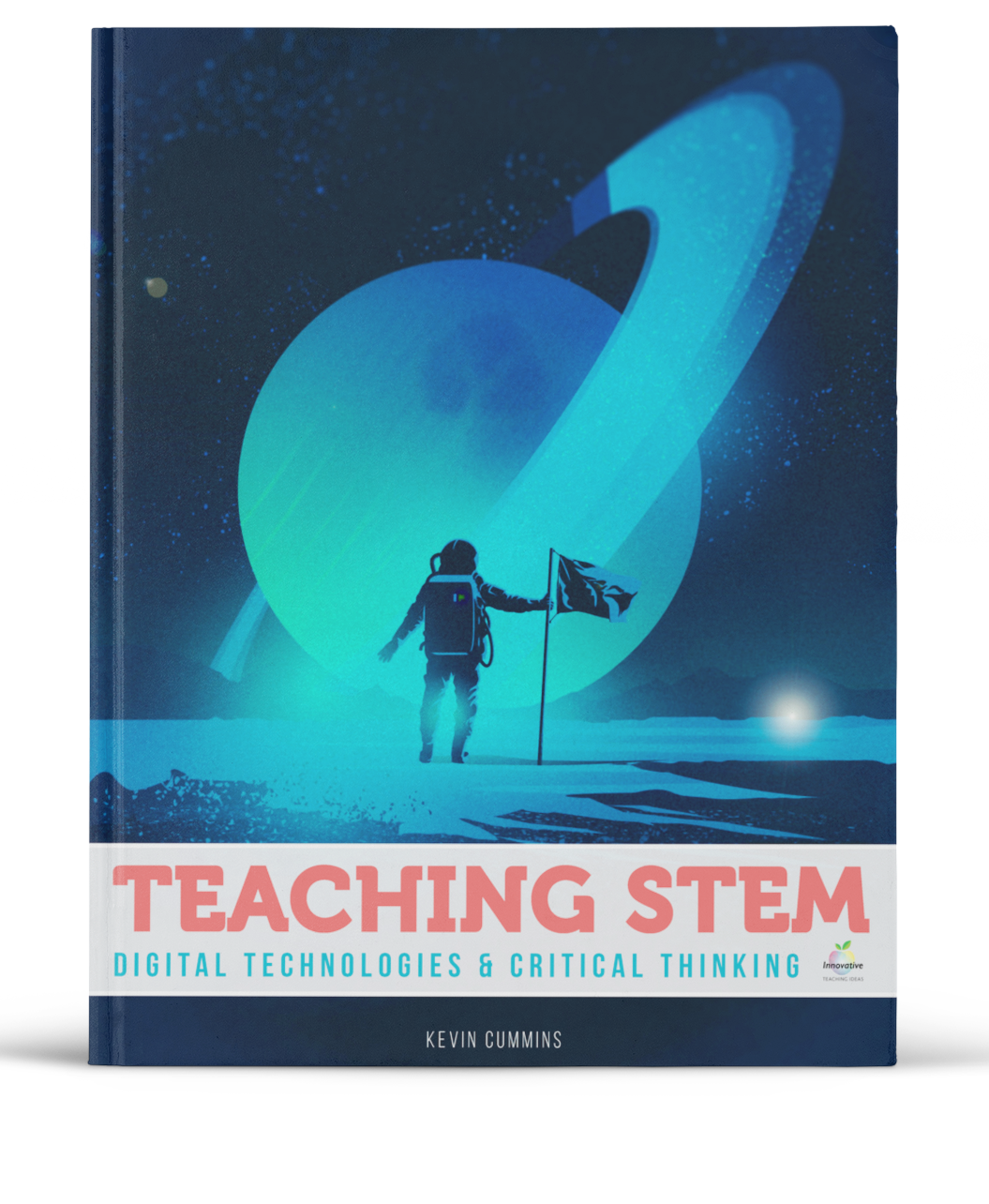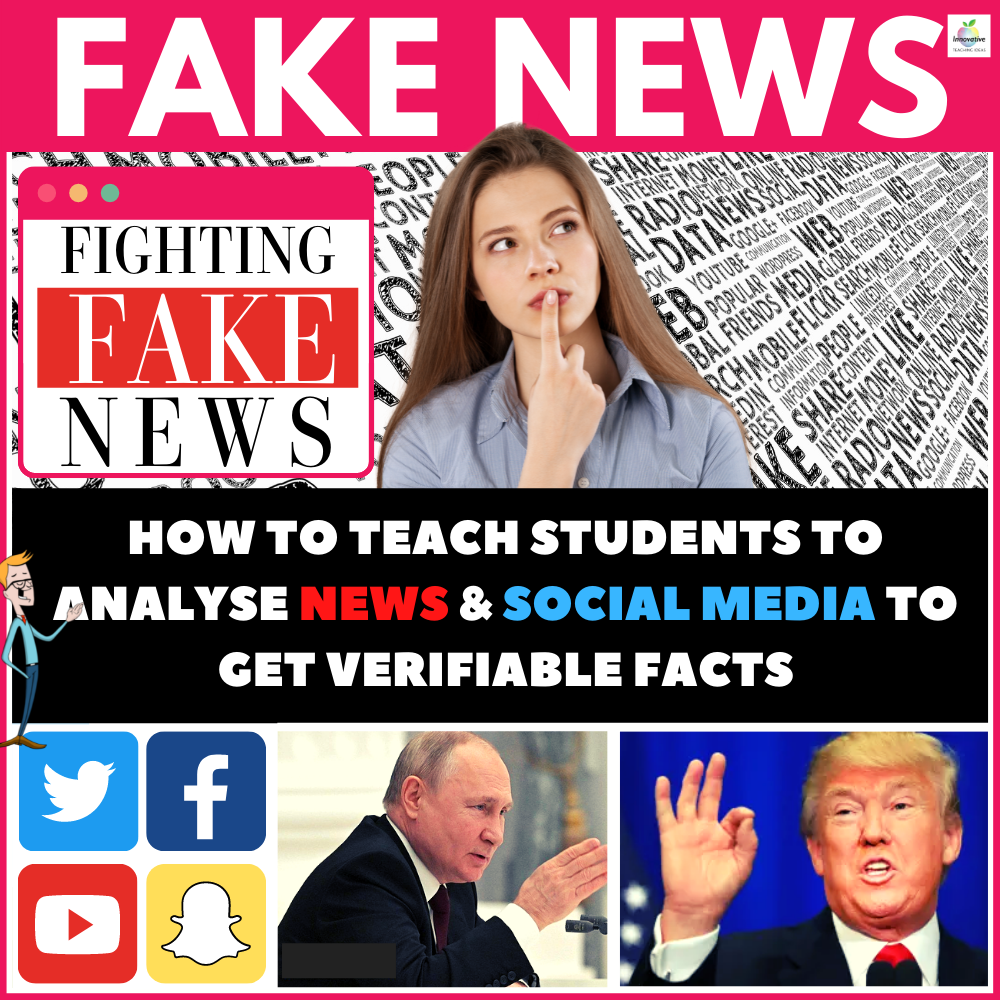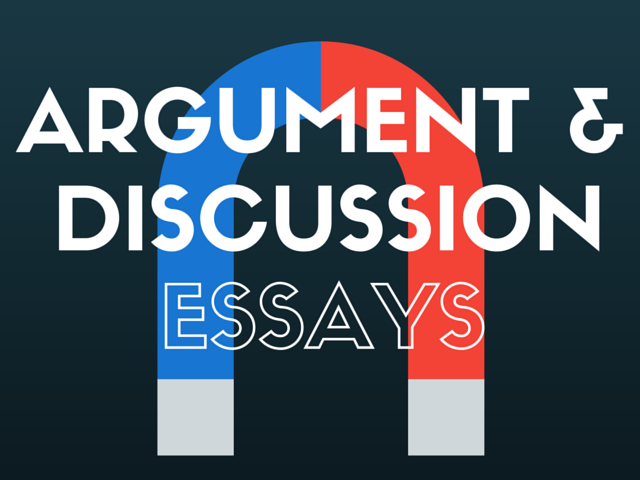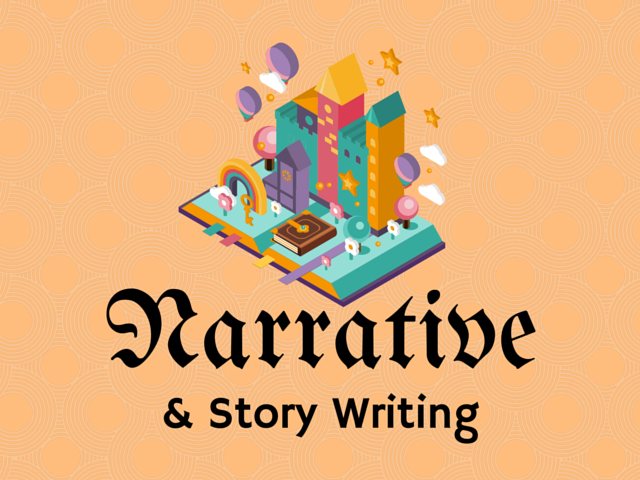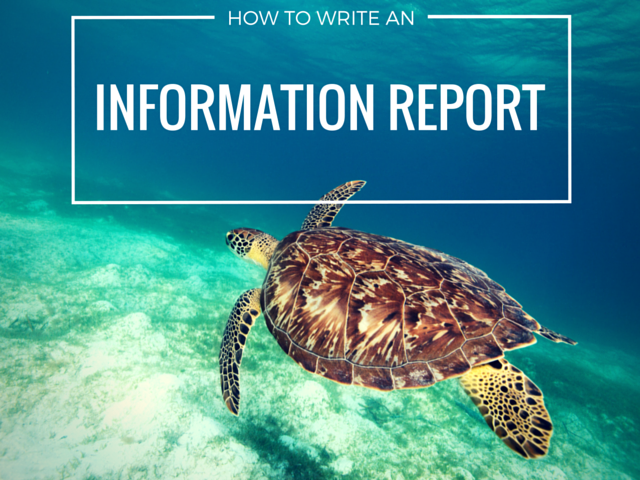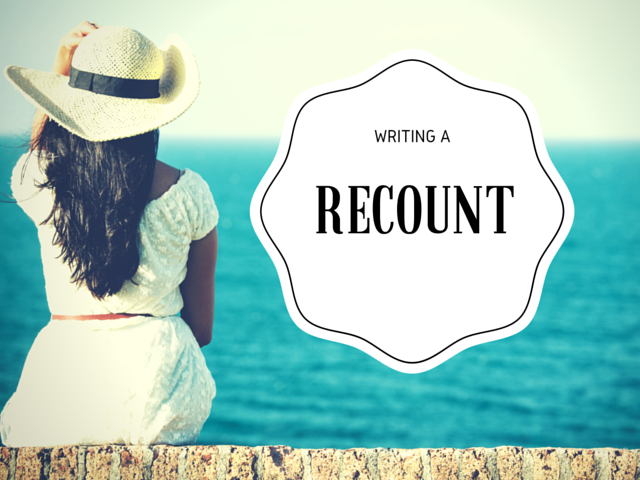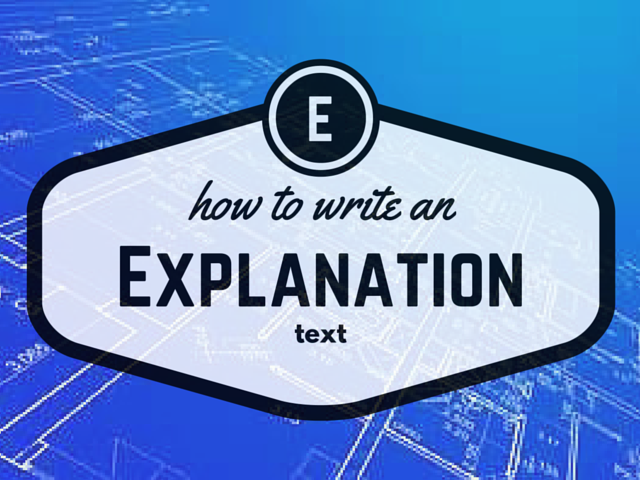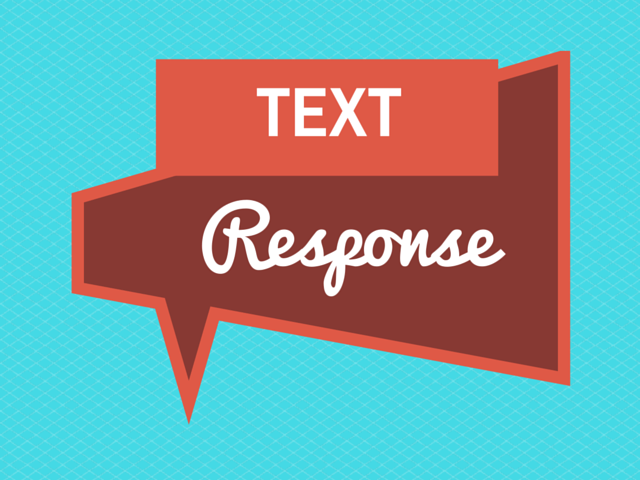How games support 21st century Learning
/Thanks to onlineuniversities.com for this article. A great source for info about further education.
by Justin Marquis Ph.D. ![]() Follow Justin
Follow Justin
I recently attended the Serious Play conference in Redmond, Washington (the home of Microsoft), and one thing that stood out to me was all the talk about "21st Century skills," and how game-based learning (GBL) could help students acquire them. The problem with the 21st Century skills concept is that education may not be ready for it just yet. While the Common Core and NETS standards both address these kinds of skills to a certain extent, education does very little to actually support their development. In fact, the educational model that we currently employ often works to stifle exactly these kinds of competencies. But what are these magical 21st Century Skills? Are they really more important than the traditional core subjects, and is GBL the best way to foster these abilities in students?

21st Century Skills
The Serious Play conference provided diverse perspectives regarding what people think 21st Century skills actually are, ranging from Virtual IQ, empathy, leadership, and ethics, to collaboration, communication, innovation, entrepreneurship, global perspective, and critical thinking. One of the big problems with the game-based education movement is the lack of a clear articulation of exactly what GBL provides for students. Without a consensus on the definition of the competencies that GBL promotes, education stakeholders are unlikely to sign on to support an expensive and extensive change in the system that does not present a clear benefit over the existing model.
Initiatives such as the Common Core tend to focus on core academic subjects: reading, mathematics, science, and STEM areas rather than the broader skills that are reflected in the 21st Century toolset. Others, such as the International Society for Technology in Education’s (ISTE) NETS standards and the Partnership for 21st Century Skills fall more closely in line with the notion of 21st Century skills that was on display at Serious Play. Defining these skills in an educational context is the first step in helping to make educators realize the specific ways in which GBL supports academically focused learning outcomes.
The University of Melbourne proposes the following breakdown for considering what the essential competencies are for a student in the Information Age:
- Ways of thinking. Creativity, critical thinking, problem-solving, decision-making and learning
- Ways of working. Communication and collaboration
- Tools for working. Information and communications technology (ICT) and information literacy
- Skills for living in the world. Citizenship, life and career, and personal and social responsibility
(AT21CS)
To further clarify these somewhat abstract categories, the Partnership for 21st Century Skills provides the following diagram to illustrate the ways in which these skills integrate with a traditional curriculum:

(Partnership for 21st Century Skills)
In this graphic the colorful arch represents student outcomes and the "pools" beneath the arch represent the support systems for facilitating those outcomes. The arch is fairly clear – it represents the things that this organization and many others believe are important to 21st Century students. One area where this model diverges from the ideas surrounding GBL is in the inclusion of the traditional core subjects as an underlying support for the new competencies. The premise is that things like life skills, innovation, and technological literacy will be taught through the core subjects rather than being deliberately focused on. Again, that is starkly different from the conversation surrounding 21st Century skills that permeates the GBL community.
Those approaching learning from the game design side stop with this big picture, abstract notion of 21st Century skills, while those with an education background tend to gravitate more towards supporting traditional subjects and attempting to tack these other things on to an existing model. This is where the key conflict between GBL and established education can be seen.
More Important than Core Subjects?
We live in a world where technology allows us to compensate for almost any deficiencies in knowledge nearly as quickly as we could recall the information if we had learned it previously. While there is a certain amount of general, background knowledge needed to even be able to know where to look for new information, the concept of "knowing" something is irreversibly changing to "locating" something, and often seeking that knowledge from social sources rather than established experts. Given this dramatic shift in what it means to "know" something, it seems reasonable to think that a shift in priorities for education would be justified.
Being able to think creatively and critically, solve problems, evaluate information, be a self-directed learner, use advanced communication tools, and understand the societal rules by which the world and its information-based economy operate, are more critical skills than are knowing specific algebraic equations, the atomic weight of cobalt, or how to wire a lamp, when any of those things can be looked up online and a video can be watched to explain any process. So the answer is that yes, until the Internet crashes and we revert to some previous economic model, these vague 21st Century skills really do need to be the focus of education. The thing is that they are not really that vague at all. They are just more abstract than Shakespearean drama, or the area of a rectangle. The real trick is in figuring out how to assess that students are gaining these skills and to demonstrate that they really are critical in the Digital Age.
Can GBL Teach These Skills?
This is really the great mystery and, until there is a concrete, empirically supported answer, few educators are going to believe that games can help students learn. While the seminal piece on GBL and educational attainment has yet to be written, there are organizations such as the National Center for Research on Evaluation, Standards, & Student Testing (CRESST) at UCLA that are doing serious research on serious games. The breakthrough is not far off, and the experts at Serious Play were optimistic that it will be coming sooner rather than later. At one point, conference organizer and serious games advocate Clark Aldrich stated that, within 3-4 years all testing will be game based, and that when that happens, education will have to follow. That bold prediction will only come true if those supporting GBL can conduct the research that supports the idea that 21st Century skills are the future of education.
Join the conversation about game-based learning and 21st Century skills on Google+ or Twitter.

